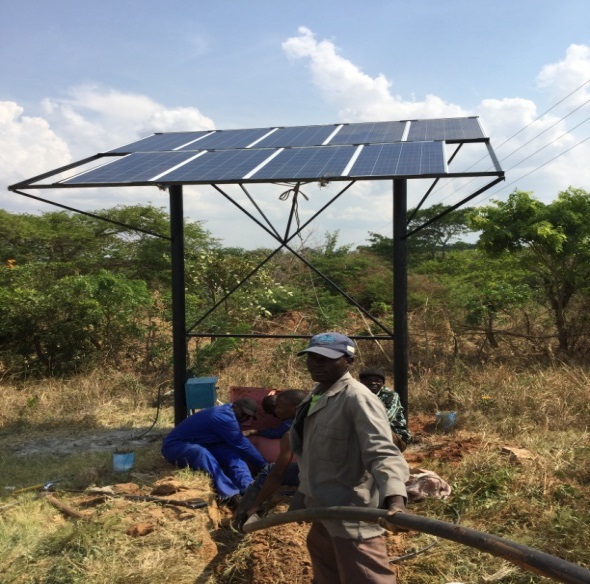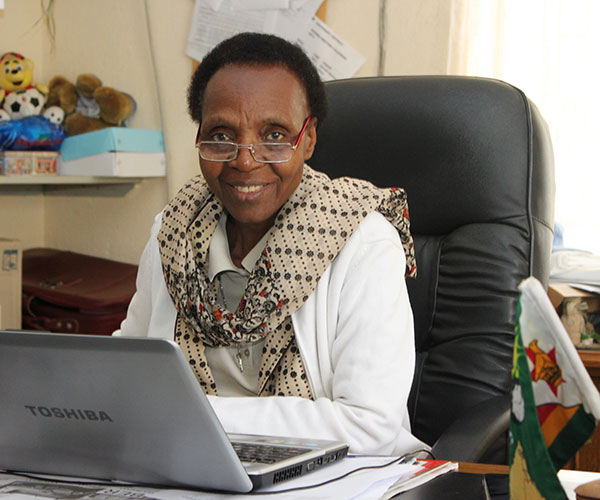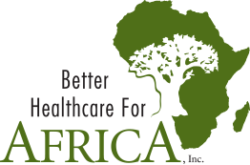Health care in rural Zimbabwe is in crisis. Inadequate infrastructure and lack of critical medical equipment, medicines and public health programs threaten the health and well-being of the people. This is why Gahanna resident Darrell E. Ward founded Better Healthcare for Africa (BHA): to provide direct assistance to two rural, Zimbabwean hospitals, St. Albert’s and Karanda.
Over the past ten years, BHA has managed to make headway in several important areas, most notably a cervical cancer screening program that aims to prevent the leading cause of cancer death in Zimbabwean women. Grants obtained by BHA board member Dr. Lowell Schnipper, Professor of Medicine at Harvard Medical School, have allowed BHA to support practical and effective cervical cancer prevention and education programs at both hospitals.
“As of December 2018, we had screened more than 19,000 Zimbabwean women,” Schnipper says. “About 1,000 of the women were found to have precancerous cells, and at least half of those women were able to receive the treatment they needed to prevent cancer.”
BHA, along with a Chicago-based family foundation, have enabled replacement of broken and outdated equipment including anesthesia machines, X-ray equipment and rehabilitative equipment, and provided other essentials such as antibiotics, sutures and sterile gloves.
“Even something as basic as access to clean water can be a struggle,” said BHA board member Dr. Ken Schafermeyer, Professor and Director of International Programs at St. Louis College of Pharmacy. The College’s International Students Organization contributed funds to help build a reservoir at St. Albert’s in 2006 and contributed again in 2016 for repairs needed for the water system.

According to Schafermeyer, “With the ongoing economic problems in Zimbabwe, constant effort is required to support the hospitals’ dedicated staff and infrastructures.”
Most recently, BHA enabled St. Albert’s Medical Superintendent Dr. Julia Musariri to embark on an innovative income-earning poultry project. BHA directors provided funding for construction of a shelter, 1,000 laying hens, feed and supplies. The hospital is selling the eggs to area residents and businesses, and the income is used to help the hospital meet the costs of essentials such as electricity, fuel for trucks to reach outlying clinics, and food for patients.

We hope to continue BHA’s work for another 10 years, but our efforts and existence rely entirely on donations and grants. The income-generating poultry project was made possible thanks to individual donations to BHA. Currently, we are working to purchase a critically needed anesthesia machine for St. Albert’s, which has been without one since March. The estimated cost is $22,000, which includes shipping from the USA.
If you want to help with that effort, please make a donation or request donations to BHA in lieu of birthday or anniversary presents. Or if you know of a private or corporate foundation that might be open to receiving a grant proposal to support purchase of the anesthesia machine, Dr. Lowell Schnipper’s cancer prevention work, or our other projects, please send the information to me at dward@betterhealthcareforafrica.org or to Dr. Schnipper at lschnipp@bidmc.harvard.edu.
Thank you and keep well…Darrell
